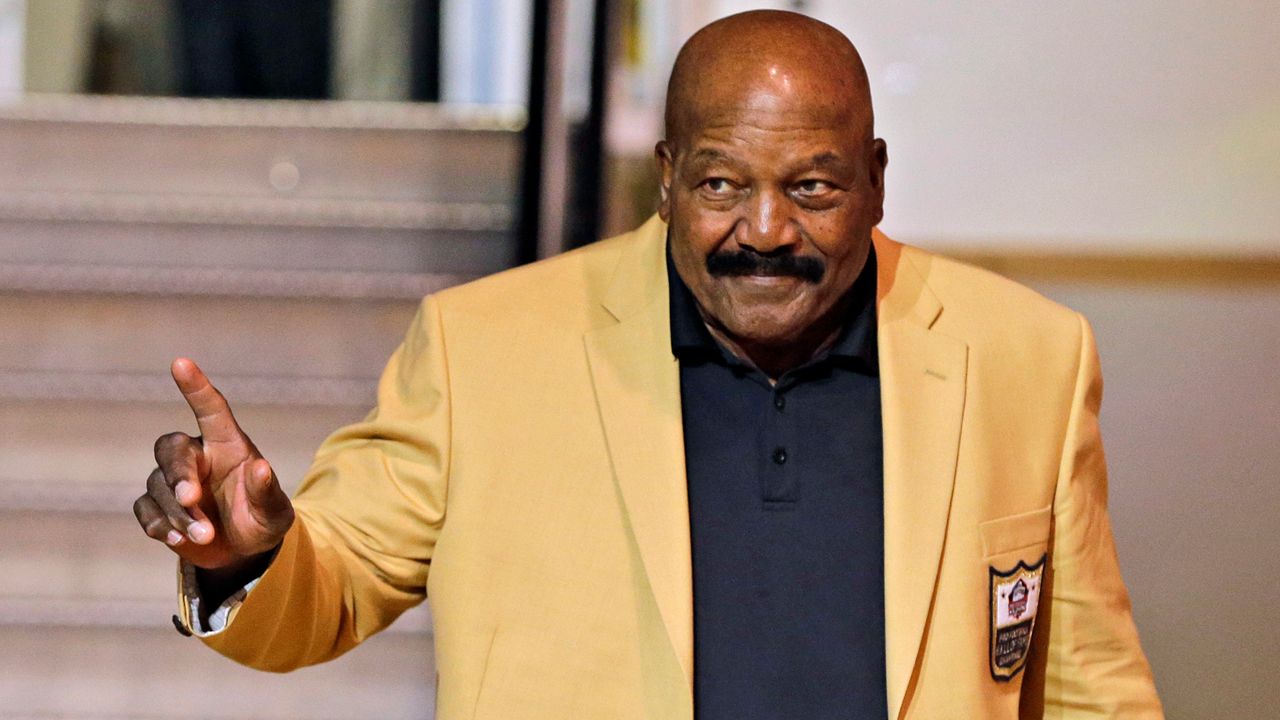Jesse Owens 5 Questions Quiz

Jesse Owens 5 Questions Quiz. Celebrate the incredible legacy of Jesse Owens, one of history’s most inspiring athletes, with fballQuiz.xyz! Renowned for his speed and determination, Owens made history at the 1936 Berlin Olympics, where he won four gold medals, breaking racial barriers and defying prejudice on the global stage.
Our quizzes take you through his remarkable journey, from his groundbreaking victories to the personal and professional challenges he overcame. Test your knowledge about his achievements, including his world records and lasting impact on sports and society.
Dive into the inspiring story of Jesse Owens on fballQuiz.xyz. Explore fun and educational trivia to honor the legacy of this trailblazing athlete!
Results
Oh You Failed But No worries! You can always revisit and finish the quiz later. Positive and informative

#1. Jesse Owens was a legendary athlete in which sport?

#2. In which year did Jesse Owens win four gold medals at the Olympics?

#3. The 1936 Olympics, where Jesse Owens achieved his historic wins, were held in which city?

#4. Jesse Owens’s Olympic victories were a direct challenge to which ideology?

#5. What event did Jesse Owens set a world record in that stood for 25 years?
About Jesse Owens

Jesse Owens, a name synonymous with athletic excellence, perseverance, and triumph over adversity, is an American track and field legend whose achievements at the 1936 Berlin Olympics became a powerful symbol of resistance against Nazi ideology. Born James Cleveland Owens on September 12, 1913, in Oakville, Alabama, his journey from humble beginnings to Olympic glory is an inspiring testament to his talent, dedication, and the enduring power of the human spirit.
Owens’s early life was marked by hardship. Born into a sharecropping family in the Jim Crow South, he experienced firsthand the effects of racial segregation and discrimination. His family later moved to Cleveland, Ohio, where he discovered his passion and talent for running.
In high school, Owens excelled in track and field, setting national records in the long jump and sprint events. His exceptional performances earned him a scholarship to Ohio State University, where he continued to dominate the collegiate track scene.
One of the most remarkable moments in Owens’s career occurred at the 1935 Big Ten Championships in Ann Arbor, Michigan. In a span of just 45 minutes, he set three world records and tied another, a feat that has become known as “the greatest 45 minutes in sports history.” This performance solidified his status as a top contender for the 1936 Berlin Olympics.
The 1936 Berlin Olympics were intended by Adolf Hitler and the Nazi regime to showcase Aryan supremacy. However, Owens’s performance at the Games became a powerful rebuke to this ideology. He won four gold medals in the 100 meters, 200 meters, long jump, and 4×100 meter relay.
Owens’s victories in Berlin were not only athletic triumphs but also significant social and political events. His success challenged the Nazi narrative of racial superiority and became a source of pride for African Americans and people around the world who opposed racism and oppression.
Despite his incredible achievements, Owens faced continued discrimination upon his return to the United States. He was not given the same opportunities as white athletes and struggled to find stable employment. He was famously snubbed by President Franklin D. Roosevelt, who did not invite him to the White House to celebrate his Olympic victories, a common practice for returning Olympic athletes.
Owens’s post-athletic career involved various endeavors, including public speaking, business ventures, and youth outreach. He used his platform to inspire young people and promote the importance of education and sports. He also worked to break down racial barriers and promote equality.
In 1976, President Gerald Ford awarded Owens the Presidential Medal of Freedom, the highest civilian honor in the United States. This recognition came decades after his Olympic triumphs and acknowledged his significant contributions to sports and society.
Jesse Owens’s legacy extends far beyond his four gold medals.
He was a symbol of hope, resilience, and the triumph of the human spirit over adversity. His achievements at the 1936 Berlin Olympics became a powerful statement against racism and intolerance. He is remembered not only as a great athlete but also as a cultural icon who helped to pave the way for future generations of African American athletes and activists. His story continues to inspire people around the world to overcome obstacles and strive for their dreams.
Sources and related content







